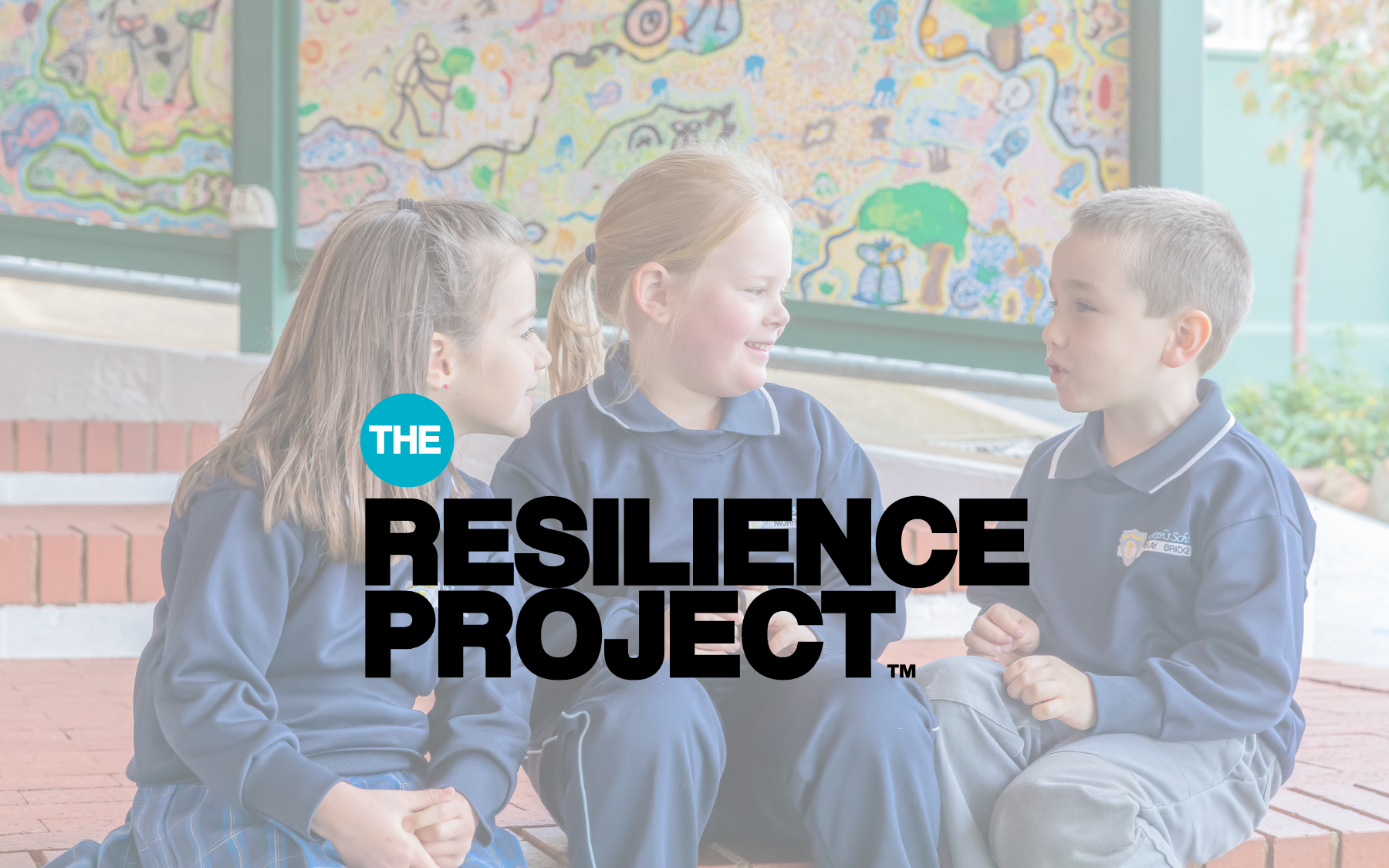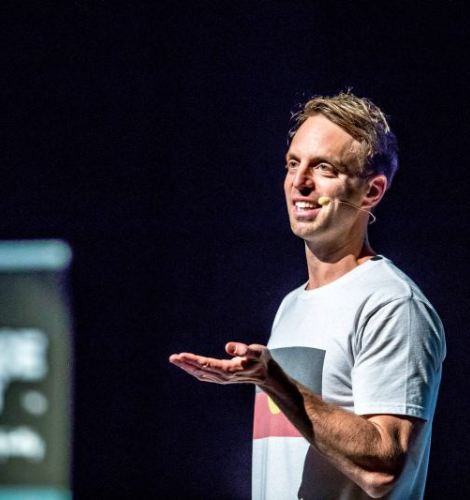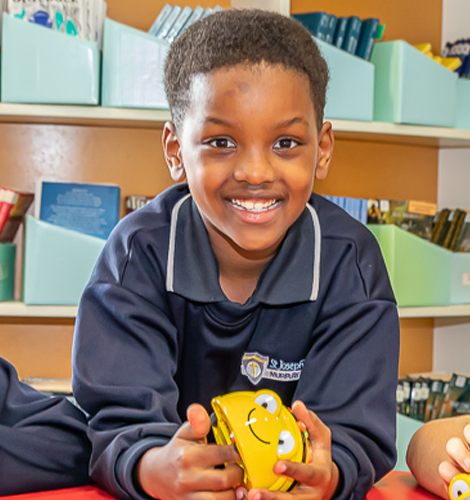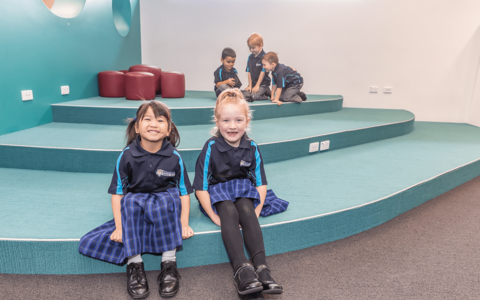


Founding Director Hugh Van Cuylenburg has worked in education for 15 years in both primary and secondary settings. His highlight was to travel to remote parts of India and it's there where he found resilience in its purest form.
His return to Australia saw him develop 'The Resilience Project' which is now a facilitated program in over 900 schools Australia wide. St Joseph's is only the second school in South Australia to incorporate the program to its curriculum.
Hugh's brilliant program has seen him work with a number of national teams as well as one on one with some of our greatest sports stars such as Billy Slater (Rugby), Dustin Martin (AFL) and Steve Smith (Cricket).
To read more about Hugh, Click here

The Resilience Project provides emotionally engaging programs that deliver a combination of presentations, student curriculum, teacher resources and digital content designed for each year level.
The curriculum is evidence-based and mapped to the Australian Curriculum Framework: focussing on Gratitude, Empathy, Mindfulness (GEM) and Emotional Literacy. A Dedicated hour time slot each week (for Primary years) or during pastoral care periods or Health & PE lessons (for Secondary years)
Through presentations, school curriculum, the TRP App, and Wellbeing Journals; The Resilience Program will share the benefits of Gratitude, Empathy and Mindfulness, and easy ways to practise these in everyday life.

The approach to mental health is to tell emotionally engaging stories. They use humour and vulnerability to connect with their school audience and the practical strategies are back up through evidence-based studies.
●Students connect GEM strategies with people and moments throughout the day that make them feel great!
●A culture of kindness that is embedded amongst students, teachers, parents and wider school community
●Positive teachers who see the benefits of practising for GEM in looking after their personal wellbeing
●Students who can manage their emotions and implement strategies to help navigate challenging situations
Use the following links to find out more about TRP and what your child will engage with in the ciriculum